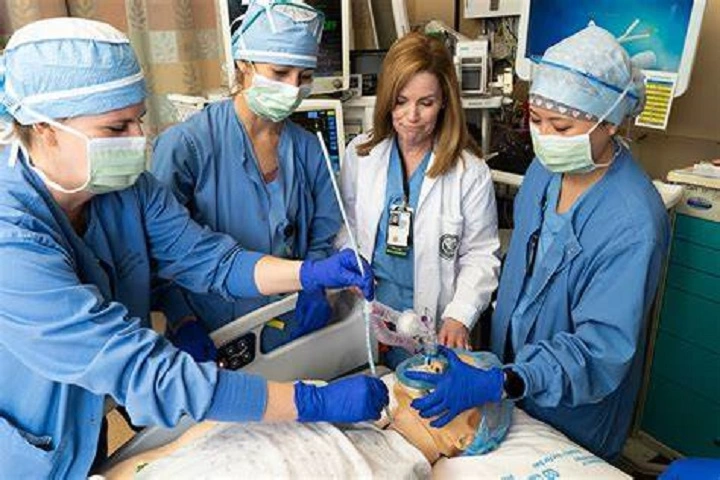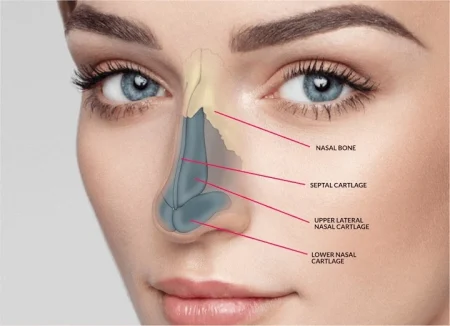Introduction to CRNA School Requirements: Preparing for Nurse Anesthesia Education
Becoming a Certified Registered Nurse Anesthetist (CRNA) is a rewarding career path that demands rigorous education and training. CRNA programs are competitive and require applicants to meet specific prerequisites to ensure readiness for the complex and demanding coursework. This article provides a detailed overview of typical CRNA school requirements, including educational background, clinical experience, certifications, and application components to help prospective students navigate the admissions process successfully.
Academic Prerequisites for CRNA Programs

Registered Nurse (RN) License
A valid and unrestricted RN license is mandatory for all CRNA program applicants. This ensures that candidates have the foundational nursing knowledge and clinical skills necessary for advanced practice education.
Bachelor’s Degree in Nursing
Most CRNA schools require a Bachelor of Science in Nursing (BSN) degree or a related bachelor’s degree from an accredited institution. Some programs accept candidates with non-nursing bachelor’s degrees, but they typically require completion of prerequisite nursing coursework.
Minimum GPA Requirements
Competitive CRNA programs usually set a minimum GPA, commonly around 3.0 on a 4.0 scale. However, a higher GPA improves admission chances due to the competitive nature of these programs.
Prerequisite Coursework
Applicants may need to complete prerequisite courses, often including:
- Anatomy and Physiology (two semesters)
- Chemistry (general and organic)
- Microbiology
- Biochemistry
- Statistics
- Physics (sometimes required)
These courses ensure candidates have a strong scientific foundation for anesthesia studies.
Clinical Experience Requirements
Critical Care Nursing Experience
Most CRNA programs require applicants to have at least one to two years of full-time experience working in an acute care or critical care setting. Units such as intensive care (ICU), emergency room (ER), or trauma care provide the necessary clinical exposure.
Importance of Clinical Experience
Critical care experience develops skills in patient assessment, invasive monitoring, and managing complex medical conditions—key components of nurse anesthesia practice.
Certification and Additional Requirements

Basic Life Support (BLS) and Advanced Cardiovascular Life Support (ACLS)
Applicants must hold current BLS and ACLS certifications. Some programs may also require Pediatric Advanced Life Support (PALS) certification, especially if pediatric anesthesia is part of the curriculum.
Graduate Record Examination (GRE)
While not universally required, some CRNA schools ask for GRE scores as part of their application process to assess applicants’ readiness for graduate-level education.
Application Components and Selection Criteria
Letters of Recommendation
Strong letters from nursing supervisors, educators, or healthcare professionals who can attest to the applicant’s clinical skills, work ethic, and suitability for the CRNA profession are essential.
Personal Statement or Essay
Applicants usually submit a personal statement explaining their motivation for pursuing nurse anesthesia, career goals, and how they meet program expectations.
Interviews
Many programs conduct interviews to evaluate interpersonal skills, professionalism, and alignment with the program’s values.
Background Checks and Drug Screening
Due to the nature of clinical work, CRNA programs require applicants to undergo background checks and drug screening before enrollment.
Tips for Meeting and Exceeding CRNA School Requirements
- Gain diverse critical care experience across multiple units.
- Maintain a strong academic record and retake prerequisite courses if necessary.
- Obtain certifications early and keep them up to date.
- Seek leadership roles or additional responsibilities in clinical settings.
- Prepare thoroughly for GRE and interviews.
FAQs About CRNA School Requirements
How much critical care experience do I need before applying?
Most programs require 1-2 years of full-time critical care nursing experience.
Is a BSN degree mandatory for CRNA programs?
While most require a BSN, some accept related bachelor’s degrees with additional nursing prerequisites.
Do all programs require the GRE?
No, but many do; it varies by school, so check specific program requirements.
Can I apply with part-time critical care experience?
Some programs allow it, but full-time experience is preferred to demonstrate readiness.
What certifications are required before enrollment?
Current BLS and ACLS certifications are standard; PALS may also be required depending on the program.
Preparing to Meet CRNA School Requirements for Success
Understanding and fulfilling CRNA school requirements is a critical first step toward a successful career in nurse anesthesia. Applicants must demonstrate strong academic performance, relevant clinical experience, and professional readiness. By preparing strategically and meeting all prerequisites, aspiring CRNAs can increase their chances of acceptance into top programs and lay the foundation for a fulfilling and impactful healthcare career.








